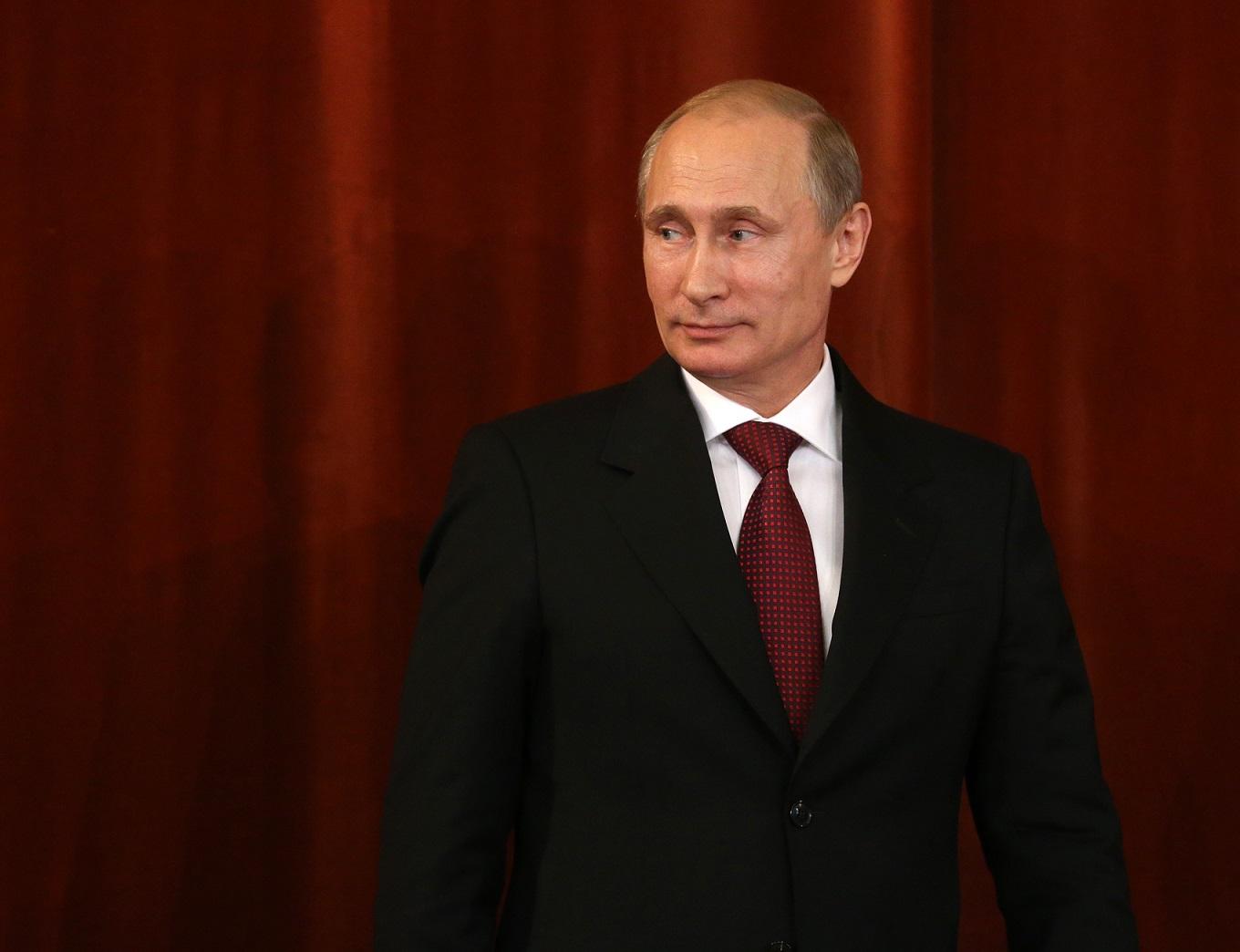
Russian President Vladimir Putin seems to love playing “a good tsar and bad boyars” game. Such a strategy is nowhere more obvious than in the case of mandatory COVID-19 vaccination in several regions of the Russian Federation.
By Nikola Mikovic
Traditionally, Russia has been ruled by tsars – be they monarchs, or general secretaries of the Communist Party of the Soviet Union – and boyars – be they members of the highest rank of the feudal aristocracies, or members of the Politbureau of the Central Committee of the Communist Party of the Soviet Union.
“A good tsar” is often portrayed as a benefactor of ordinary Russians, and he allegedly does everything to strengthen the nation and to protect it from internal turmoil and external threats. “Bad boyars”, on the other hand, are believed to pursue narrowly their own selfish goals.
After Moscow Mayor Sergei Sobyanin recently said that vaccinations against COVID-19 would be compulsory for 60 percent of employees in the trade and services sectors, education, and health care, more than a dozen other regions followed suit. Russia’s Communist Party – which is part of the so-called systemic opposition – staged a rally in Moscow opposing such decisions.
A good tsar
In order to portray himself as a “good tsar”, Vladimir Putin said that he “does not support mandatory vaccinations”. Thus, it is “bad boyars” – mayors and local governors – that decided to impose such “unpopular measures”.
Still, Russia’s “good tsar” did nothing to prevent local authorities from declaring compulsory vaccination. Instead, he urged Russians to get vaccinated amid signs of growing vaccine hesitancy in the country.
Meanwhile, Putin keeps demonstrating weakness in his foreign policy. In his annual live call-in show, talking about the British Royal Navy warship that entered the de facto Russian territorial waters on June 23, Putin said that “even if Russia had sunk that ship, the world wouldn't be on the verge of World War Three.”
Indeed, it is extremely unlikely that a Doomsday Scenario would occur, but Putin did not want to risk jeopardizing his oligarchs' assets in the United Kingdom. As Zbigniew Brzezinski, the hawkish strategic theorist who was national security adviser to the US President Jimmy Carter, once reportedly said, “as long as the Russian elite holds 500 billion dollars in the Western banks, there is no situation in which Russia will use its nuclear potential.”
That, however, does not mean that the Kremlin will stop making threats it isn’t prepared to carry out. Russia hardly has an option but to keep creating an image of a “great power” that is willing to confront the West.
In reality, Russia’s approach to the Western actions is never proactive, but rather defensive and extremely calculated. Putin insists Russia has no plans to block Western social media but says some of the companies have “arrogantly ignored requests from the Russian government”.
"They don't even want to listen to what we say", Putin said. In other words, he admitted that the West has the upper hand in its relations with Moscow. Still, he recently signed a law that obliges foreign social media giants to open offices in Russia, in an attempt to limit the activities of Twitter, Facebook, YouTube, Telegram and TikTok in the country.
It remains to be seen what the result of the proposed bureaucratic methods will be, and if Russia will manage to implement a “digital decoupling” from the West. It is worth noting that Ukraine effectively “decoupled” from the Russian social networks in 2017.
Speaking of Ukraine, Putin said that the country’s President Volodymyr Zelensky has “given full control of his country to outside management”.
"Key decisions are being made in Washington, and Berlin and Paris to some extent," Putin added.
Control of Crimea and Donbass
Before the Maidan events in 2013 and 2014, which led to the overthrow of the allegedly pro-Russian Ukrainian President Viktor Yanukovych, Ukraine was in Russia’s geopolitical orbit. Moscow now controls Crimea and the Donbass. The rest of the country is firmly in the Western sphere of influence.
Given that Putin openly admitted that he prevented Yanukovych from using force against violent Western-backed protesters, it remains quite debatable whether it was Zelensky or Putin that gave Ukraine to foreign powers.
Finally, sooner or later, Putin will have to launch a transfer of power.
"I hope time will come when I'll be able to say that this or that person is worthy of leading such a wonderful country like Russia", the Kremlin chief said.
Once that happens, a new “tsar” will be enthroned, and the saga of a “good tsar” and “bad boyars” will live on.
Nikola Mikovic is a Serbian journalist and a senior Geopolitical Analyst he publishes often for The Levant News.





